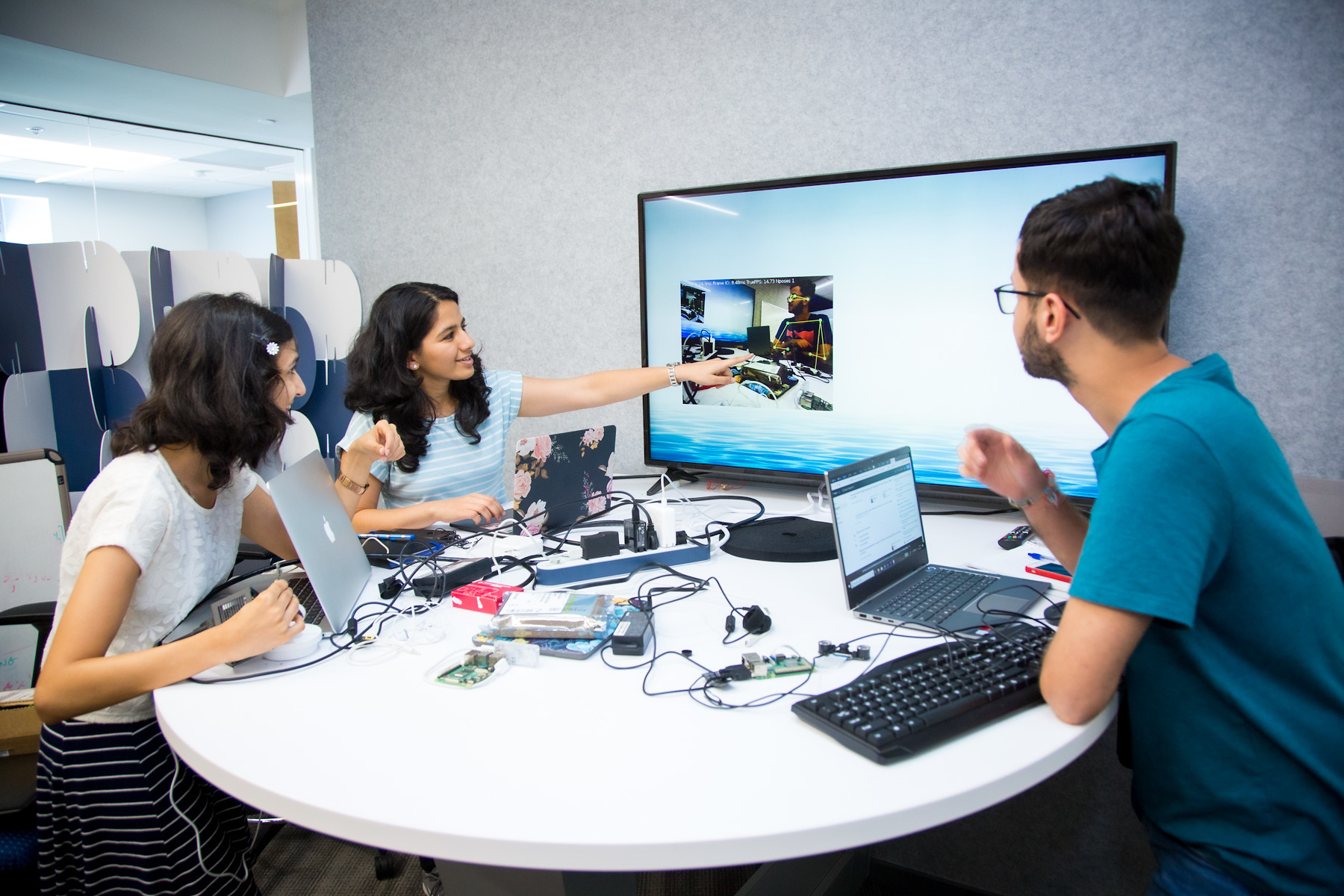Our Mission
We aim to decolonize the application of AI in medicine, and improve health equity, data access and research capacity across the globe.
Using open access data, federated computing, and ethical data science, we address key questions in biomedical research using the latest approaches to machine learning and biological modeling.
An Ideal Setting for Biomedical Informatics and Data Science
The broader Atlanta region has a remarkable combination of strengths and opportunities to position itself as a leader in biomedical informatics (BMI), from its unique population, to its unparalleled collection of healthcare research entities. This discipline incorporates virtually all areas of biomedical, physical, computational and social sciences. And vast research and educational resources in these areas make Emory, the largest employer in the state, an ideal setting for our field.
World-class Research Groups
Emory has some of the best biological and healthcare research groups in the world in cancer, infectious diseases, global health, neurosciences, nursing, pathology, psychiatry, human genetics, high-throughput drug discovery, radiology, and more — each actively interested in integrating informatics into their work, and working closely with BMI.
Partnering Big Data and Bench Science with Clinical Care
Working with clinical partners at Emory Healthcare, our department is combining state-of-the-art machine learning, signal processing, and clinical domain knowledge to position itself as a world leader in developing and applying machine learning to brain health, clinical informatics, and global health.
“Being physically co-located with the hospital guarantees a constant flow and easy in-person collaborations with clinical faculty and staff. Our access to diverse healthcare data and clinical understanding is unparalleled, and it provides the opportunity to create systems that can be evaluated in a real healthcare setting. This creates a responsibility to both act, and ensure we minimize harms, especially to the most vulnerable. Nothing is more important in BMI than spending time with the clinicians and patients to understand the flaws in your data analysis and system design, and to anticipate.”
— Gari Clifford, DPhil, Department Chair


